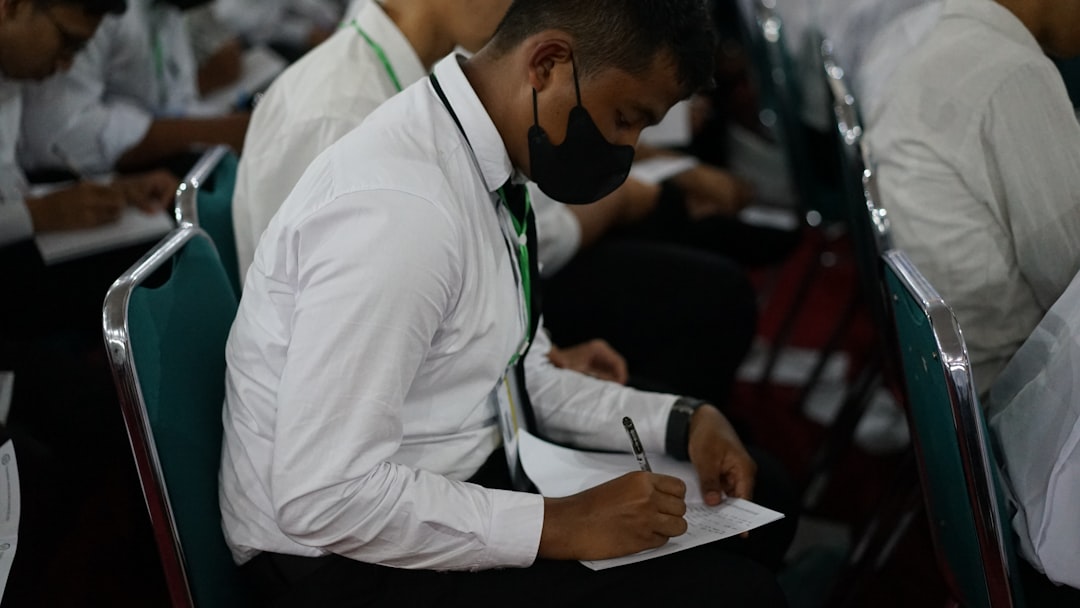Across the United States, women have served in the military with dedication and distinction, often overcoming unique challenges both during and after their service. Female veterans represent one of the fastest-growing segments of the veteran population, yet their stories and needs have not always been fully recognized or addressed. As more women transition from military service to civilian life, understanding their experiences becomes increasingly important.
Historically, women in the military have faced barriers ranging from limited roles in combat to inadequate support during reintegration. While policy changes have opened new opportunities for women in uniform, the journey does not end with discharge. Many female veterans report feeling invisible or misunderstood when seeking care, employment, or community support. Organizations and advocates across the country have worked to change that narrative and bring greater attention to the lives of female veterans.
One of the central issues affecting female veterans is access to healthcare tailored to their needs. Women face different medical and psychological challenges than their male counterparts, including higher rates of military sexual trauma and unique reproductive health concerns. Despite these differences, many veterans report that healthcare systems are still designed with a male-centric approach. Expanding access to providers who understand and are trained in women’s health is an essential step toward better care.
Community support also plays a crucial role in the successful reintegration of veterans. Female veterans often express a desire for spaces where they feel seen and heard. Creating peer networks and mentorship opportunities can help women connect with others who share similar experiences. One such resource can be found through this veteran-focused support network that offers opportunities for connection, education, and empowerment.
Employment is another area where female veterans face both opportunities and obstacles. While military experience can translate into strong leadership and organizational skills, biases and misunderstandings sometimes hinder their success in civilian roles. Programs that assist with job training, resume building, and career placement can make a significant difference.
The experiences of female veterans are as diverse as the women themselves. They come from all backgrounds, serve in every branch of the military, and contribute significantly to their communities after service. As awareness grows, so does the potential for improved policies and support systems that recognize and honor their service. By listening to their voices and addressing their needs, we take a meaningful step toward equity and respect for all who have worn the uniform.






